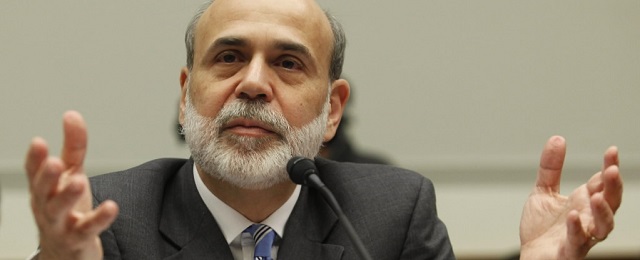The Federal Reserve is planning to end a component of the so called “regulatory arbitrage” –the cherry-picking by diversified and international financial institutions of different supervisors and jurisdictions so they are overseen by the weakest, or most lenient, of all. This has turned the German and British banks in arms.
However, it was the staggering regulatory arbitrage by Barclays and Deutsche, of all financial institutions that triggered the US’s move. And, let’s not forget, it was the Federal Reserve, through its massive liquidity injections, that saved the German banks in 2008 and again in 2010 and 2011. As one former top-ranking executive of one of the largest US banks and also ex top-level manager at a multilateral institution said, under the condition of anonymity, “the Fed saved their a***es at least twice, so now they shouldn’t argue”.
The Federal Reserve position is very simple: foreign-owned banks will have to meet the same increased capital reserve requirements as those for US institutions, regardless of how well funded the parent company is. This is a clear rebuttal of what Barclays and Deutsche did when, to avoid Dodd-Frank‘s tougher capital ratios, they moved the corporate headquarters of their US subsidiaries overseas. By that gimmick, both banks’ activities in the US were legally part of non-US legal entities, and therefore could evade the new capital requirements. It is something not too different from what Apple does when it transfers its profits to an entity based in Ireland but is theoretically controlled from the US so, in the end, it does not pay taxes in any of those jurisdictions.
Those dubious practices triggered a swift response by Daniel Tarullo, the Fed’s governor in charge of banking supervision. Since last winter, Tarullo is pressing, discretely but firmly, to force foreign banks’ subsidiaries to abide to the same rules as their American rivals.
The German Banking Association (BdB) and the British Banking Association (BBA) have strenuously criticized the new US approach. However, they have the same credibility as Apple, Google or Starbucks when they try to explain why they pay no taxes for certain operations in Europe or America.






Be the first to comment on "The Fed to Barclays, Deutsche Bank: “We don’t like what you did”"